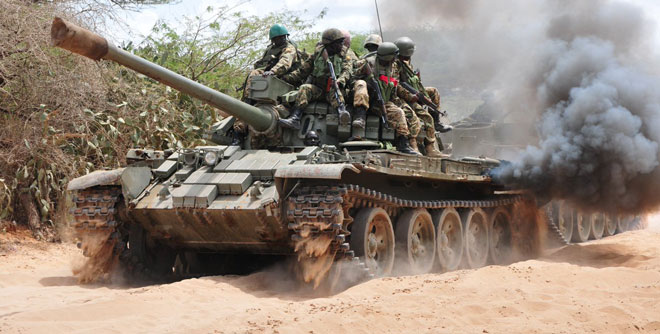UPDF justified to attack ADF in Congo – Experts

Security experts have defended Uganda’s military operations in DR Congo in pursuit of the Allied Democratic Forces (ADF) that have been masterminding multiple attacks in Kampala.
News of UPDF launching airstrikes in the eastern DR Congo broke yesterday, two weeks after twin suicide bombings hit Uganda’s capital Kampala, raising questions about the legality and probable exposure to more attacks.
Solomon Asiimwe, a professor of International Relations and Security Studies, said whereas the incursions risks counter-attacks by the terrorists, the government could not ignore the insecurity breeding in DR Congo.
“The President has an obligation to keep Uganda safe within our country, but if he realises [that] he may not keep Uganda safe, if he does not uproot the rebels in DR Congo because the ground is open for anyone who wants to start a rebellion, Uganda has a right to pursue [the subversive elements],” he said in an interview with Daily Monitor newspaper.
He added: “We are at war with ADF…[Uganda] has a right of self-defense, called hot pursuit. We can follow where the enemy has come from even if DRC had not allowed…”
Prof Asiimwe suggested that a joint operation by the region would have been more effective in dealing with the Congo insecurity problem, something he said was undermined by the differing interests of the neighbors.
“The region must work together. You cannot fight terrorism single-handedly as Uganda,” he said, adding, “Uganda has found [DRC] as a threat, we cannot wait for others to go there,” said.
In a separate interview last night, Phillip Kasaija, a senior lecturer at Makerere University, who is a scholar in International Relations and Security, said: “The justification [for UPDF incursion] is present because of the presence of the negative forces on the Congolese soil.”
“The government knows where the ADF camps are, intelligence has linked ADF as responsible for the things that are going on in terms of destabilization; so, Uganda has all the right to go across [the border into Congo],” he added.
He said Uganda cannot fold its arms as the Great Lakes Region morphs into a hub for rebels and terrorists.
“…this is a regional problem. There are protocols that have been signed and one [of them] talks about dealing with elements of insecurity … but this is a bilateral arrangement and does not preclude a regional arrangement,” Kasaija said in an interview with the Monitor.
The scholars asked the Ugandan military to remain professional, distinguish between civilians and combatants during combat and not entangle in local politics or plunder of DR Congo resources as it happened during the 1996 to 2003 invasion.



Comments are closed.